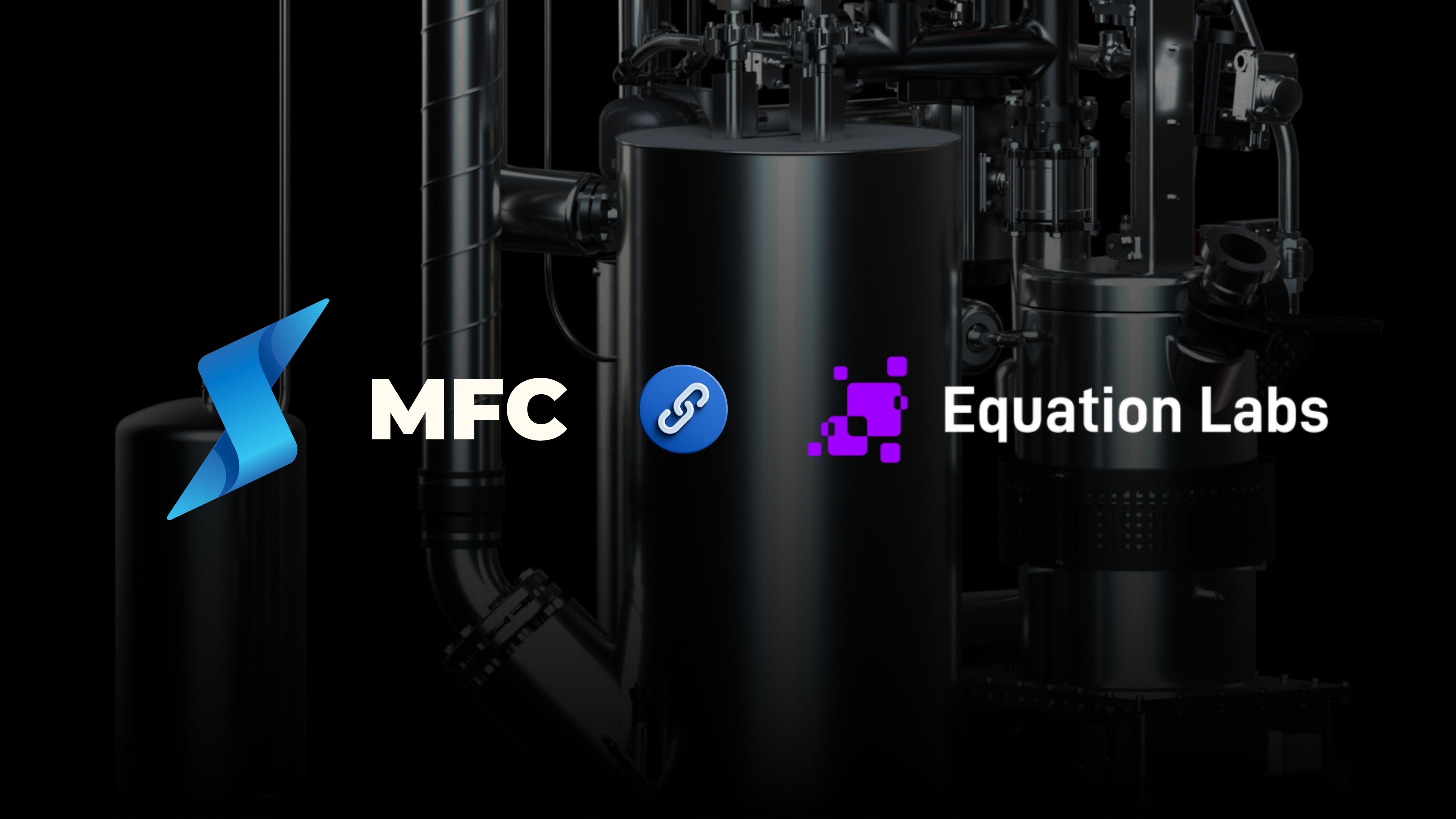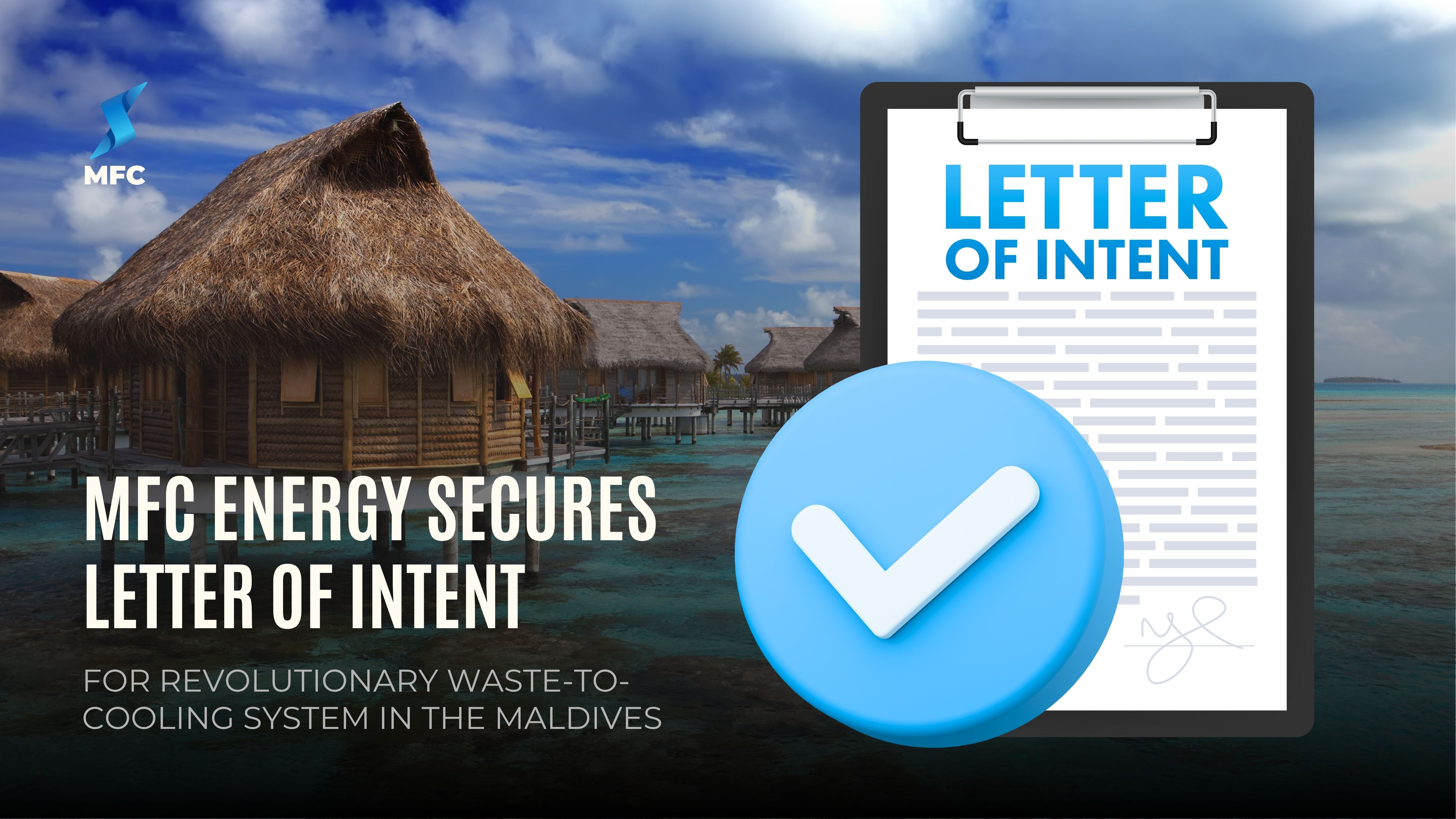I. Introduction
Multifuel Conversion GmbH (MFC) is revolutionizing the way industries think about energy production and material processing. By specializing in high-temperature gasification technology, MFC is able to convert a variety of biomass materials, including hard-to-process residues like agricultural waste, into clean, usable gas. This transformative technology is essential for industries looking to shift away from non-renewable resources and toward more sustainable practices.
II. MFC's Proprietary Technology
At the heart of MFC’s technology is the single-stage reactor which operates under precise conditions to optimize the conversion of biomass into syngas. The process involves several key steps:
1. Preparation and Feeding: Biomass is dried and shredded to create uniform particle sizes that facilitate smoother processing.
2. Gasification: The prepared biomass is fed into the gasifier where it is heated to over 800°C in a low-oxygen environment to produce syngas.
3. Syngas Cleanup: The syngas is then cooled and passed through multiple filters to remove impurities such as ash, tar, and particulates, ensuring that the gas meets quality standards for various applications.
4. Energy Conversion: The clean syngas can be utilized to generate electricity via turbines, or it can be burned directly for heating or used as a feedstock in chemical manufacturing.
This process not only utilizes waste products but also significantly reduces emissions compared to traditional fossil fuel processes.
III. Collaborative Ventures and Industry Interest
The collaboration between MFC and Deutsche Asphalt represents a pioneering venture aimed at integrating renewable energy technology into traditional industries. The initiative is focused on the practical application of MFC’s technology in large-scale industrial environments. The collaboration is examining everything from the logistical requirements of biomass supply chains to the integration of gasification systems within existing infrastructure. This partnership underscores a mutual commitment to innovation and sustainability, setting a precedent for future collaborations in the construction and manufacturing sectors.
IV. Environmental Impact and Industry Transformation
The shift from coal to biomass gasification has profound implications for environmental sustainability. It dramatically reduces emissions of carbon dioxide, sulfur dioxide, and nitrogen oxides. Furthermore, the use of biomass contributes to a circular economy by utilizing waste products that would otherwise contribute to landfill. This transition not only helps industries comply with increasingly stringent environmental regulations but also aligns with global climate objectives by reducing the carbon footprint of some of the most pollutive industries, including construction.
V. Future Prospects and Strategic Goals
MFC is actively developing next-generation gasification technologies that can handle a broader range of biomass types, including wetter and more heterogeneous mixtures. Future developments also focus on enhancing the efficiency of energy conversion and expanding the scalability of systems to cater to larger industrial applications. MFC’s strategic plan envisions a world where renewable energy sources are seamlessly integrated into existing industrial frameworks, promoting energy security and environmental sustainability.
VI. Conclusion
MFC’s pioneering work in biomass gasification technology is more than just a technical achievement; it is a beacon for global industrial transformation. As MFC continues to refine and expand its technology, it offers a viable path forward for industries to reduce their environmental impact while maintaining economic growth. The ongoing collaborations, rigorous research, and strategic foresights are setting the stage for a more sustainable future, inviting stakeholders across the globe to participate in this ecological revolution.
Through this comprehensive exploration, we aim to provide a detailed understanding of the importance of MFC’s innovations and their potential to fundamentally change the construction materials industry towards a more sustainable future.









